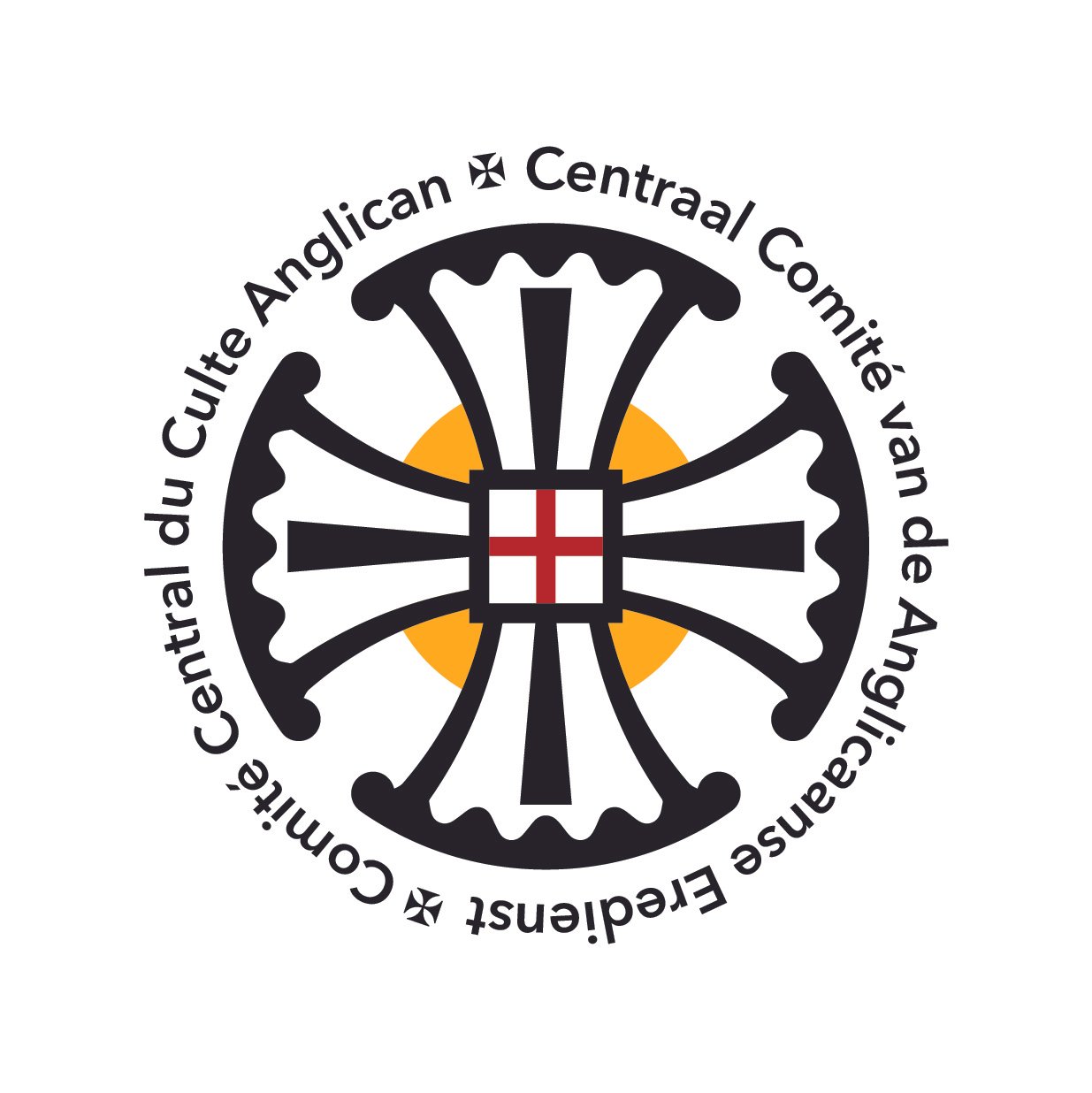The system of recognised lifestances (religions and laïcité) in Belgium is based on the Concordat which Napoleon Bonaparte signed with the Vatican in 1801. To this original agreement between the Emperor of the French and the Roman Catholic Church, the Protestant and Jewish communities were added soon after.
After independence in 1830, the system was taken over into the Constitution of the fledgling Belgian State (art. 181). Anglican Christianity was recognised in 1870 and a Central Committee of the Anglican Church was first formed in 1875.
A recognised religion receives a stipend and pension for its ministers from the Federal Ministry of Justice. The working costs of a recognised religion community are covered by the local commune or province.
In return a recognised religion commits to upholding democratic values, presenting the financial accounts to the local or provincial authorities, and contributing in general to the public good of Belgian society.
The recognised religions in Belgium currently are, in order of their recognition: the Roman Catholic Church, the Protestant and Evangelical Churches, Judaism, the Anglican Church, Islam, the Orthodox and Oriental Orthodox Churches, and Vrijzinnigheid/Laïcité (Humanism).




